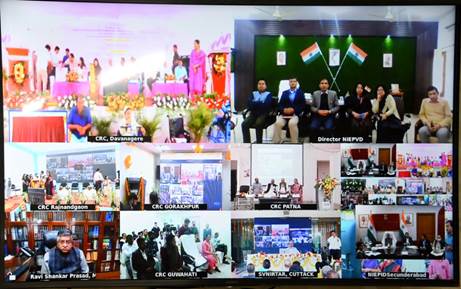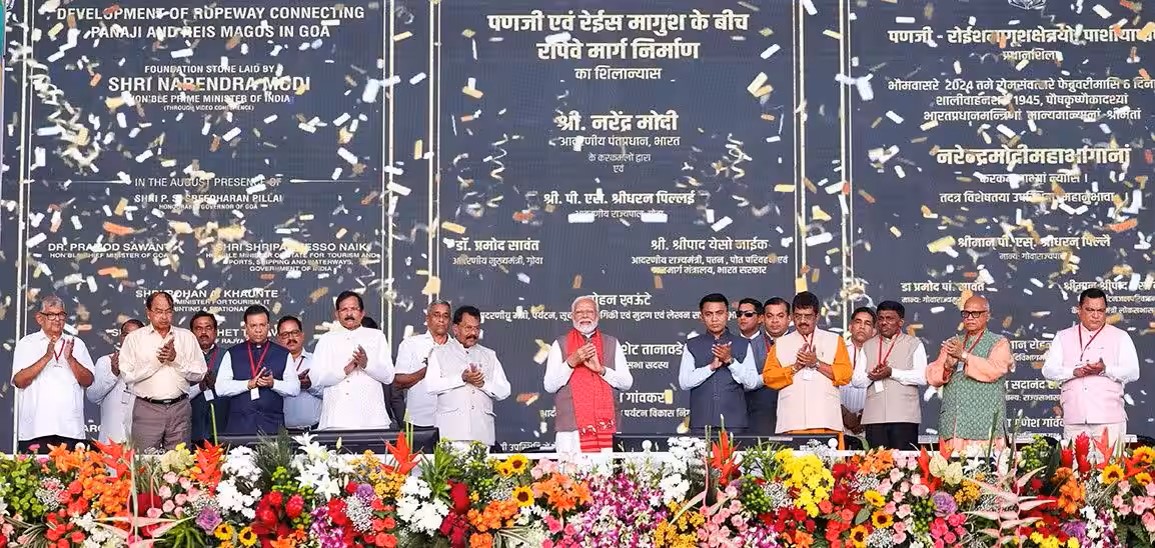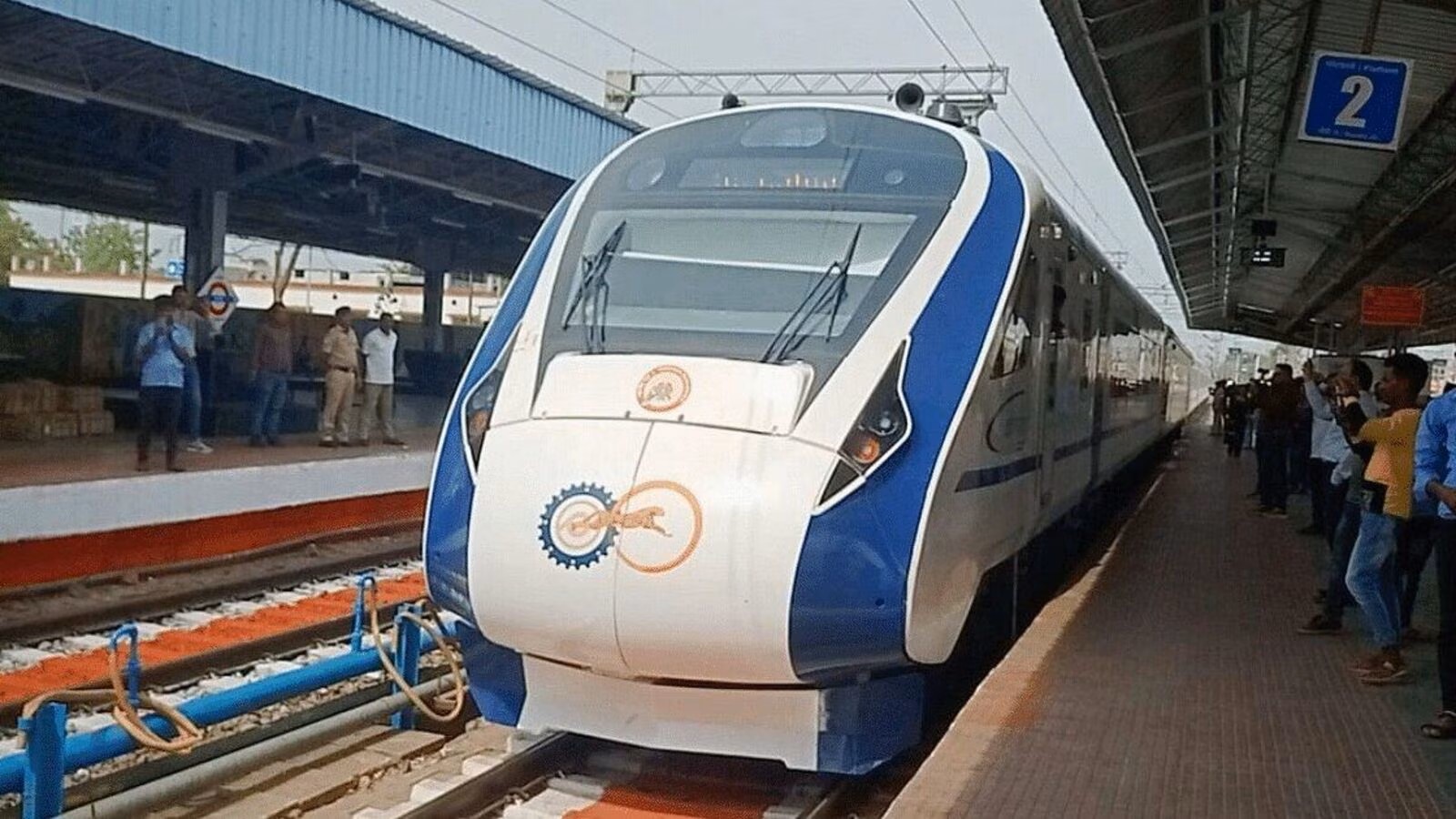The air crackled with anticipation as Union Minister Dr. Virendra Kumar virtually inaugurated a wave of hope across India. Today wasn’t just about the ceremonial ribbon-cutting; it was a clarion call for inclusivity, a Rs 100 crore testament to a nation’s unwavering commitment to empowering individuals with disabilities. This multi-pronged initiative, spearheaded by the Ministry of Social Justice and Empowerment, transcended mere rhetoric, weaving a tapestry of hope for a future where every individual can thrive.
 Dr Kumar’s words weren’t just a promise; they resonated with conviction, acknowledging the collaborative efforts of stakeholders. This wasn’t a solo performance; it was a symphony of support, echoing Prime Minister Modi’s vision of a strong and inclusive India. Minister of State Kumari Pratima Bhowmik and MP Ravi Shankar Prasad further amplified this vision, their presence and endorsements radiating a message of shared purpose.
Dr Kumar’s words weren’t just a promise; they resonated with conviction, acknowledging the collaborative efforts of stakeholders. This wasn’t a solo performance; it was a symphony of support, echoing Prime Minister Modi’s vision of a strong and inclusive India. Minister of State Kumari Pratima Bhowmik and MP Ravi Shankar Prasad further amplified this vision, their presence and endorsements radiating a message of shared purpose.
Secretary, DEPwD Shri Rajesh Aggarwal unveiled the government’s multifaceted strategy. It wasn’t a one-size-fits-all approach; it was a meticulously crafted response to diverse needs. The state-of-the-art Vocational Training Centre at SVNIRTAR, Cuttack, stands as a beacon of self-reliance, equipping individuals with the skills and confidence to navigate the workforce. Accessible hostels at CRC Patna & Guwahati dismantle barriers to education, transforming dormitories into stepping stones for academic pursuits. Newly constructed buildings in Rajnandgaon, Davanagere, and Gorakhpur bridge infrastructure gaps, ensuring access to critical rehabilitation services.
The ceremony wasn’t just about celebrating existing facilities; it heralded new beginnings. The foundation stone laid for a cutting-edge Hydrotherapy Unit at NIEPID, Secunderabad, in collaboration with The Hans Foundation, promises a paradigm shift in therapeutic interventions. This forward-thinking approach sets a precedent for quality care and underscores the government’s commitment to continuous innovation.
These projects aren’t just bricks and mortar; they are catalysts for change. The Vocational Training Centre at SVNIRTAR, Cuttack, isn’t just a building; it’s a springboard for self-sufficiency, empowering individuals to become active participants in the economy. Similarly, the accessible hostels at CRC Patna & Guwahati aren’t just dormitories; they are gateways to educational opportunities, dismantling barriers that previously hindered academic pursuits. These initiatives have the potential to rewrite narratives, reshape lives, and redefine the very fabric of Indian society.
As India embarks on this transformative journey towards inclusivity, these initiatives mark a significant milestone. They are not merely government projects; they are a testament to the collective will of a nation united in its pursuit of equality. From the unwavering commitment of policymakers to the dedication of NGOs and the unwavering spirit of individuals with disabilities themselves, this initiative is a symphony of collaboration. It’s a reminder that building an inclusive future is not a spectator sport; it requires the active participation of every citizen.




